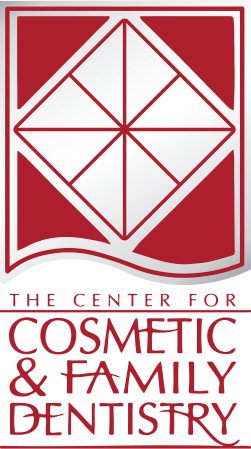Is There Anything You Can't Eat with Dental Implants?

Getting dental implants is a great way to replace badly damaged or missing teeth. Implants function just like natural teeth in both appearance and function. A dental implant is a post inserted in the jawbone, which acts as a root for an artificial replacement tooth. The post is usually made from titanium and is anchored to fuse with the existing jawbone. Implants can help restore most of the normal chewing function.
Getting Dental Implants
Dental implants are customized for each patient and created to match the natural teeth in color, size, and shape. The treatment process takes several weeks to complete, with healing time between the different stages. It is impossible to differentiate between implants and natural teeth when done well.
The Dental Implant Procedure
There are several steps in the dental implant procedure. During each stage, you will receive care instructions that include recommended diets. The stages include:
Removing the damaged teeth
Preparing the jawbone where necessary, which may include bone grafting
Inserting the implant screws or posts
A healing period allows the posts to fuse with the bone
Placing the abutment
Placement of the crown or replacement tooth
It is essential to follow care instructions to ensure proper healing.
The Healing Process
Dental implant treatment is a surgical procedure that requires healing time. After inserting the screws, it takes time for the fusion with the bone to occur and provide the necessary stability. It can take several months before moving to the next treatment stage. The risk of infection is high during this period, so it is vital to avoid certain foods.
Foods You Should Avoid
Some of the foods that you should avoid after getting implants include:
Hard and crunchy foods such as nuts, apples, candy, potato chips, seeds, and taco shells.
Acidic foods such as citrus fruits and tomatoes.
Sticky foods such as popcorn and caramels.
Hot beverages such as coffee, tea, and soup.
Spicy foods such as those with peppers, chili, and heavy spices.
Foods that are difficult to chew, such as crusty bread and tough steak.
Nutrition After Getting Implants
During the first few weeks after surgery, avoid foods that require too much jaw movement. It will help avoid harming the implant site. After the healing period, you can return to your eating habits. Good nutrition is vital after getting dental implants. Consume easy-to-chew foods and proteins such as fish, chicken, eggs, and ground beef.
Carbohydrates such as boiled or mashed potatoes, bananas, and oats are good for you. Smoothies, yogurt, cheeses, and protein shakes are good but do not use a straw. Choose soft fruits that do not require too much chewing.
You can gradually return to your regular diet while avoiding hard items. Drink plenty of water to remain hydrated during recovery and after. Take care of your dental implants and avoid smoking or chewing tobacco. With proper care, you can eat almost anything after the healing period.
For more on what you cannot eat with dental implants, visit The Center of Cosmetic and Family Dentistry at our Destin, Florida offices. Call 850-810-0300 to schedule an appointment today.
Hours of Operation
| Monday | 8:00am - 4:00pm |
| Tuesday | 8:00am - 4:00pm |
| Wednesday | 8:00am - 4:00pm |
| Thursday | 7:00am - 3:00pm |
| Friday | 7:00am - 3:00pm |
| Saturday | Closed |
| Sunday | Closed |
Request
Appointment
We offer free cosmetic consultations.


